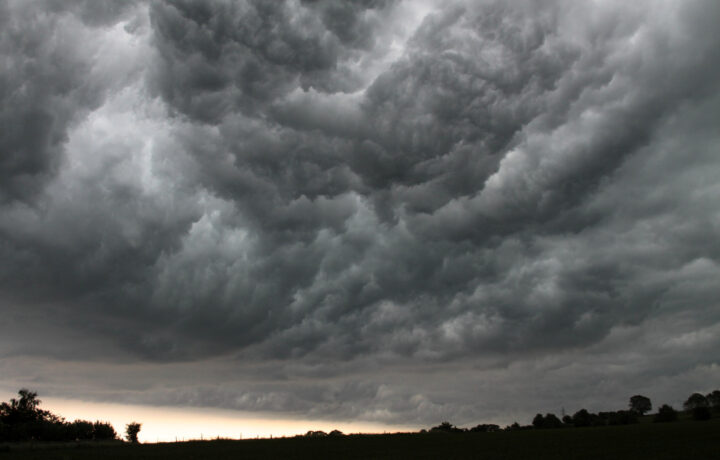As winter approaches, Europe is getting colder – in more ways than one. Fuel expenses are exponentially increasing while inflation is rampant everywhere. Caused largely by the Ukrainian War and Russia weaponizing energy – Europeans are starting to blame Washington for their woes. The European press states European households will be spending 500 euros monthly on energy bills, a threefold increase (300%) over 2021 costs of 160 euros. Wholesale power prices, driven by higher natural gas prices are up 8% on average in the U.S.
Personally, and corporately, European patience is diminishing. This was expected, but as temperatures drop, reality is setting in. With energy poverty on the doorstep, Britain, like other countries, is trying to determine subsidy policy. Power companies are offering financial incentives for usage reduction to avoid rolling blackouts. France is determined to bring all nuclear power plants online as quickly as possible. In the interim period, Germany and France are exchanging fuel for electricity.
Much of the stable energy supply for Europe Union (EU), is now unaffordable. Reliance on the global market to supply Europe, has caused resource insecurity, reflected in increased cost. The spike in energy prices is driving up inflation and the cost of living across the EU. Raw materials, food, and other commodities are all concerns, hitting the low-income households hardest.
European Angst Builds
With Russia’s weaponization of gas, the EU has turned to the U.S. as an alternative supplier, in an effort to avoid funding Putin’s war. Even with increases in American Liquified Natural Gas (LNG) production, Europeans are facing prices nearly four times the fuel costs as their counterparts in the U.S. The reliance on U.S. gas, production rates will likely shape energy prices in Europe. With plenty of shale oil production, the U.S. is well positioned to become a long-term supplier to Europe during their transition to greener energy. But it appears this winter’s crisis will not be averted.
Over the weekend, the latest trade policies from the U.S. have been accused of being “protectionist” as EU officials express frustration at the White House’s refusal to acknowledge their international impacts. French President Emmanuel Macron has called U.S. climate legislation and ensuing gas prices, “not friendly.” Germany’s economy minister called on Washington to show more “solidarity” by reducing their energy costs. The EU thinks U.S. leaders are unaware of the impact of high gas prices on the EU.
In addition to the gas prices, European frustrations are on the rise over concerns of green subsidies, which they say could wreak havoc on EU countries. Diplomats are bemoaning the subsidies, claiming European businesses are and will be relocating to U.S. Their comments are amid mounting tension of the offer of tax credits by U.S. legislation for those who “Buy American.”
Top European officials are accusing America of making a fortune from the Ukraine war, while EU countries suffer. Officials allege that the U.S. is profiteering through sales of weapons and gas. Additionally, European countries are suffering arms shortages due to shipments they sent to Ukraine over the last nine months. Weapons replenishment is causing a perceived boom for the American defense industry.
The U.S. Position
With regard to claims of profiteering by EU diplomats, one senior Biden administration official stated, “The rise in gas prices in Europe is caused by Putin’s invasion of Ukraine and Putin’s energy war against Europe, period,” and exports of American LNG to Europe have “increased dramatically and enabled Europe to diversify away from Russia.” It was reported to EU officials that price setting for European buyers of gas reflects private market decisions and is not the result of any U.S. government policy or action, with companies being transparent and reliable suppliers of natural gas to Europe.
Even with the U.S. sending almost $20 billion of military supplies to Ukraine and trying to provide LNG supplements to Europe, one EU official asked, “If Washington was still an ally.” EU officials are saying the EU and America may be at a historic juncture and the U.S. needs to realize public opinion is shifting in many EU countries. Nine months after invading Ukraine, it appears that Vladimir Putin may be seeing a fracturing of Western resolve.




